A Teacher’s Guide to Planning a Memorable and Impactful School Camp
School camps are a fantastic way to foster teamwork, resilience, and personal growth among students. They provide an opportunity for young people to step out of their comfort zones, bond with peers, and engage in experiences that they’ll remember for years to come. However, planning a successful camp requires careful preparation and a clear understanding of what will make the trip impactful and enjoyable for everyone involved.
This guide explores essential tips and strategies for teachers organising memorable and educational secondary school camps, ensuring students benefit from a well-rounded experience.
Setting Goals for the Camp
Before diving into the logistics, it’s essential to establish the purpose of the camp. Clear goals will help guide your decisions on activities, locations, and schedules. Are you focusing on team-building and collaboration? Is the goal to complement a specific subject or curriculum? Or perhaps the aim is to foster leadership skills and resilience?
Identifying these objectives will not only help in planning but also ensure the camp aligns with the educational values and learning outcomes of your school.
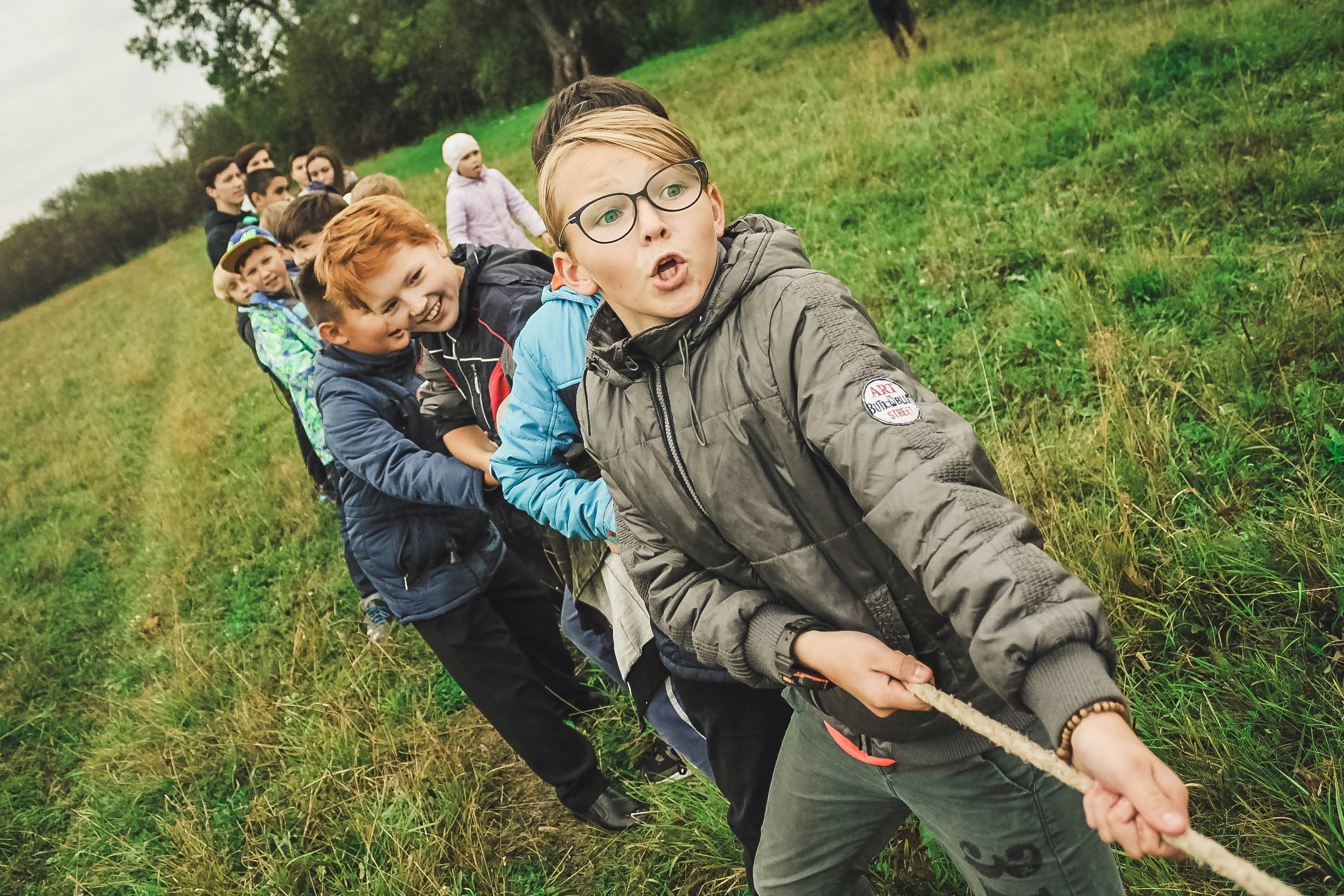
Choosing the Right Location
Selecting a suitable location is crucial for creating an impactful camp experience. The site should offer a balance between adventure, safety, and accessibility. When evaluating potential venues, consider:
- Activity Options: Does the location offer a variety of activities that match your camp’s goals?
- Facilities: Are there adequate amenities for students and staff, including comfortable sleeping arrangements, dining facilities, and medical support?
- Accessibility: Is the location easy to reach, and are there provisions for students with additional needs or mobility issues?
- Safety Standards: Does the venue follow stringent safety guidelines, and are their staff experienced in handling school groups?
Many teachers find that professional organisations specialising in secondary school camps provide a range of tailored options, simplifying the selection process and ensuring a high-quality experience.
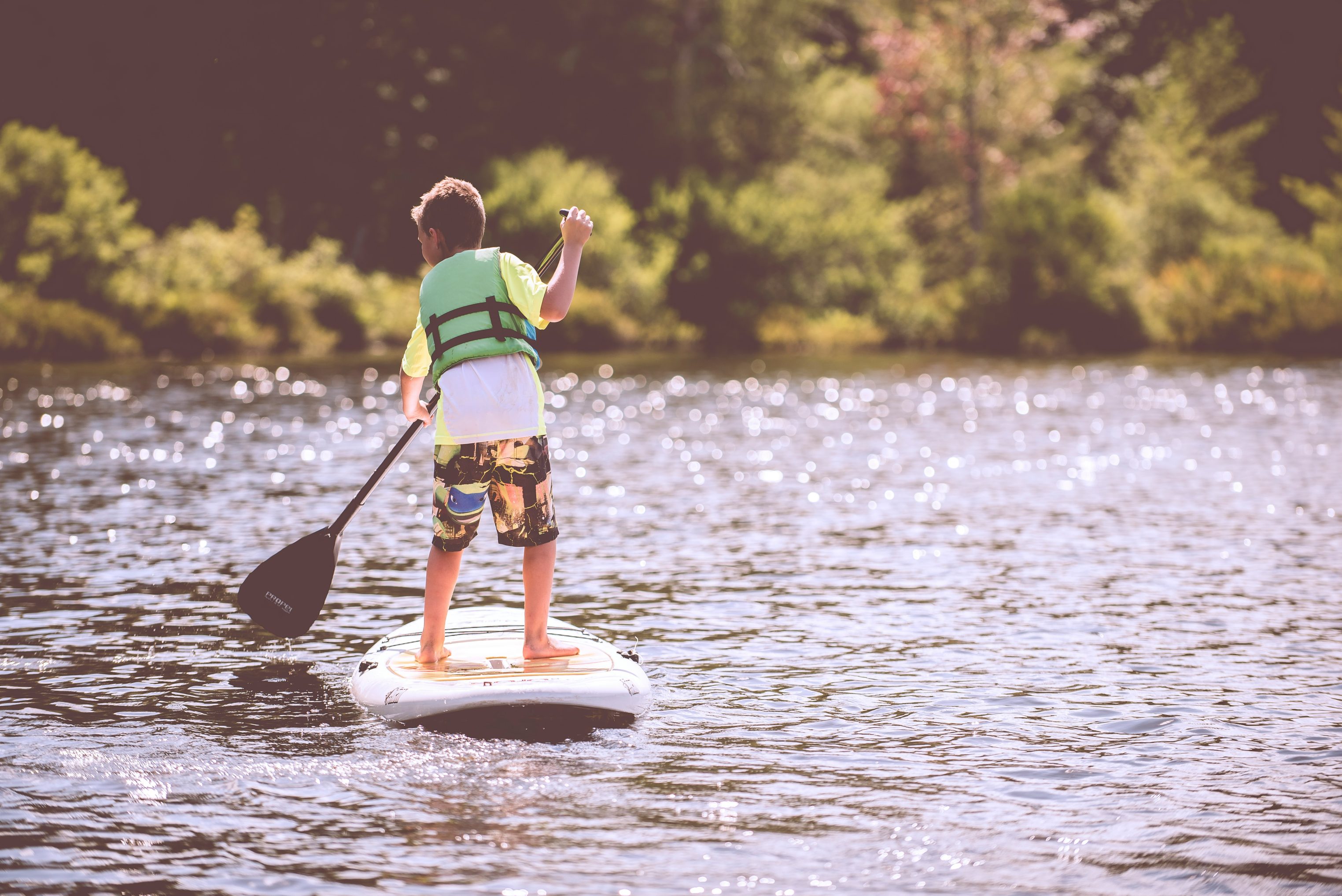
Planning a Balanced Itinerary
A well-thought-out itinerary is the backbone of a successful camp. Striking a balance between structured activities and downtime is key to keeping students engaged without overwhelming them. Here are some considerations when designing the schedule:
- Variety: Include a mix of physical challenges, creative workshops, and reflective activities. This ensures every student finds something they enjoy and learn from.
- Time for Rest: Camps can be physically and mentally demanding, so ensure there’s enough time for relaxation and sleep.
- Free Time: Allow students some unstructured time to explore, socialise, or reflect on their experiences.
- Educational Value: Link certain activities to curriculum topics or life skills to enhance the camp’s overall impact.
An example itinerary might include morning adventure activities, afternoon team-building exercises, and evening reflection sessions or social games.
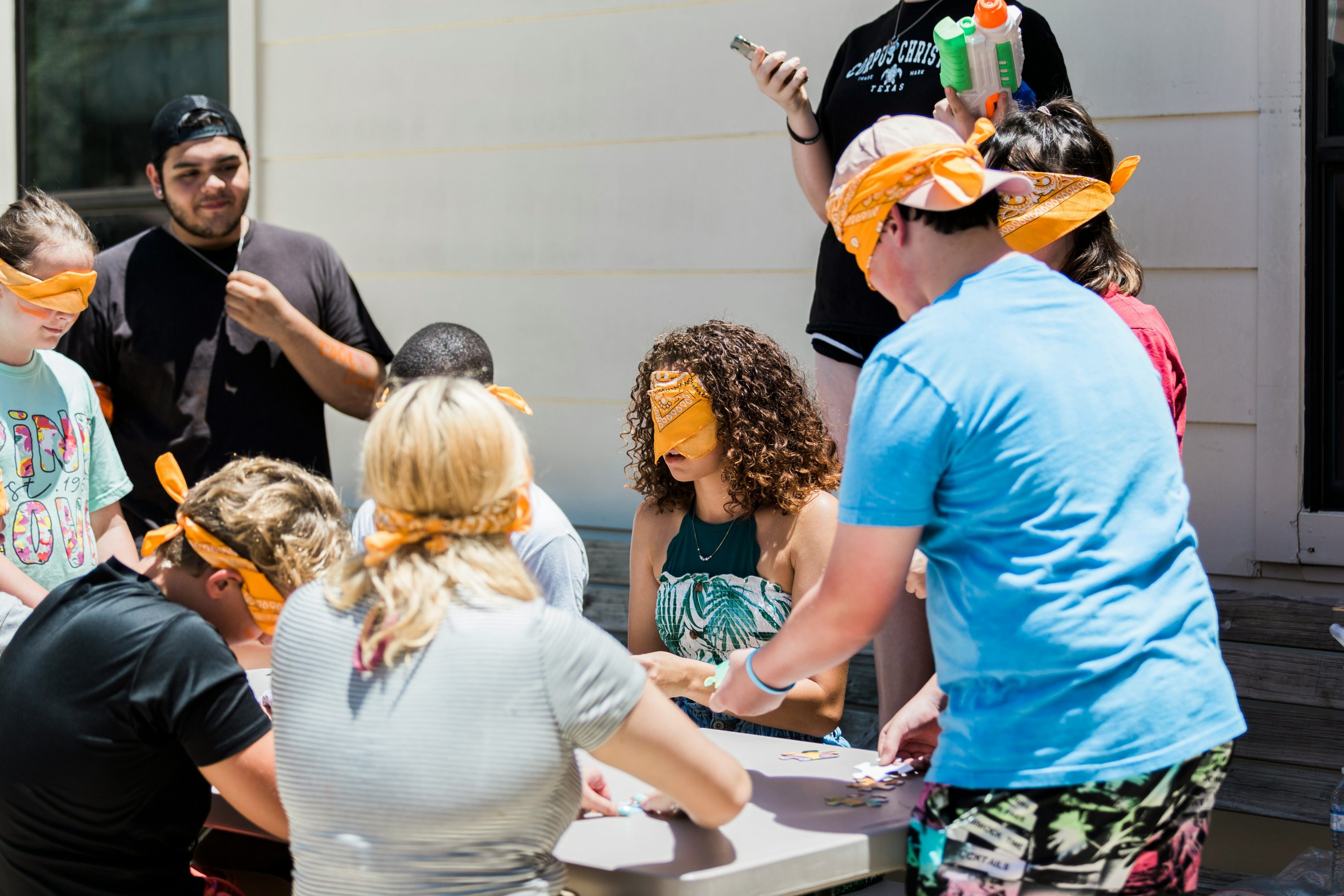
Ensuring Safety and Wellbeing
The safety and wellbeing of students should always be a top priority. A comprehensive risk assessment is essential to identify potential hazards and ensure appropriate measures are in place. Key steps include:
- Emergency Planning: Have clear procedures for dealing with emergencies, including first aid and evacuation plans.
- Medical Information: Collect and review information on students’ medical needs, allergies, and dietary restrictions. Ensure that necessary medications are accessible during the camp.
- Supervision Ratios: Maintain an adequate teacher-to-student ratio, and ensure all supervising staff are well-briefed on their responsibilities.
- Qualified Instructors: For specialised activities, ensure that instructors are certified and experienced.
Proactive communication with parents about safety measures can also alleviate any concerns and build trust in the planning process.
Encouraging Student Participation and Ownership
Involving students in the planning process can enhance their engagement and sense of responsibility. For example, you could:
- Allow them to vote on certain activities or themes for the camp.
- Assign roles, such as team leaders or camp reporters, to encourage active participation.
- Include team challenges or problem-solving activities that require input from everyone.
When students feel they have a stake in the camp’s success, they’re more likely to engage fully and take away valuable lessons from the experience.
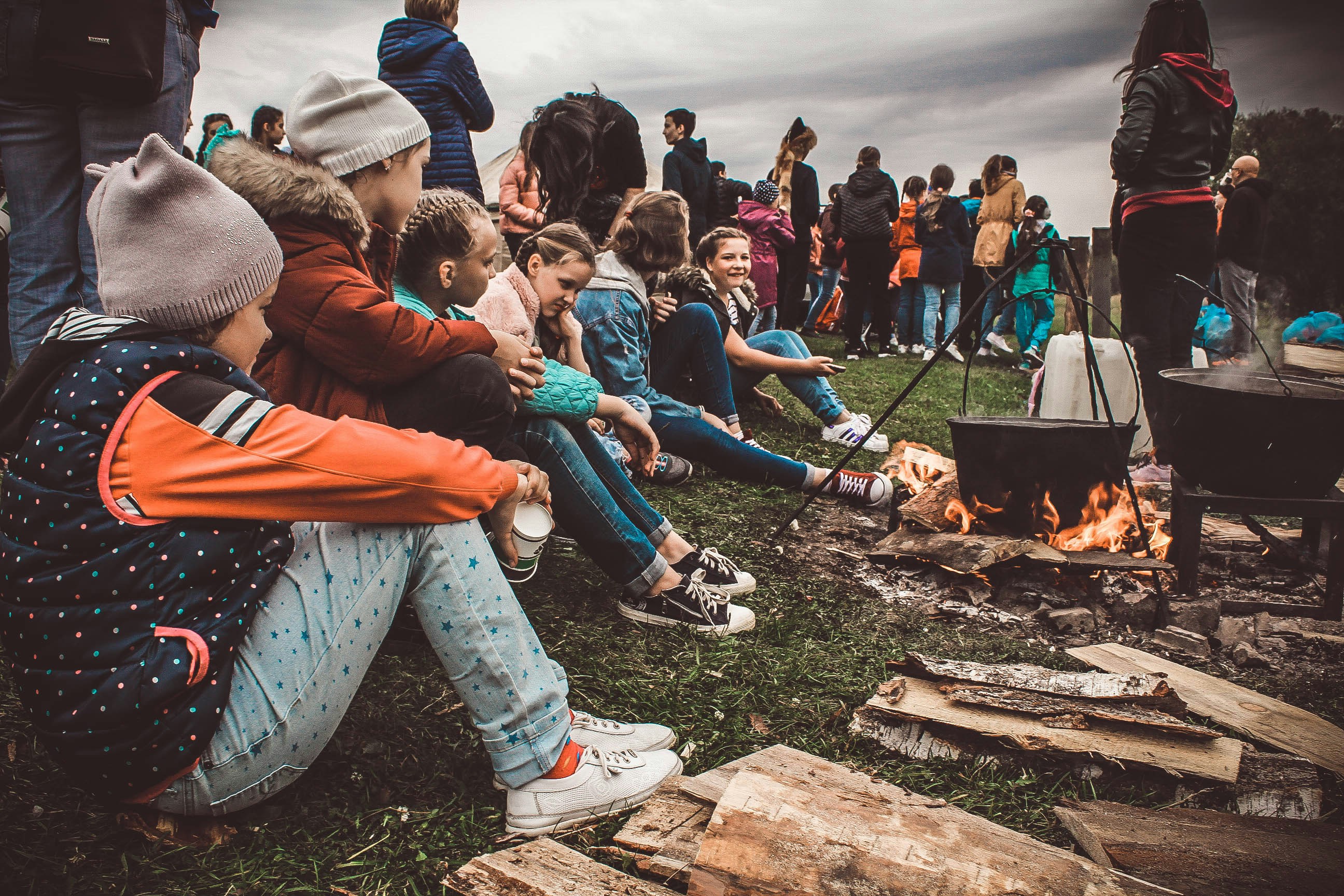
Incorporating Team-Building Activities
One of the most significant benefits of school camps is the opportunity to strengthen bonds within the group. Team-building activities are a cornerstone of any camp itinerary, helping students develop trust, communication, and collaboration skills. Popular options include:
- Obstacle courses and physical challenges.
- Problem-solving games like scavenger hunts or escape room scenarios.
- Collaborative creative projects, such as skits or art installations.
The emphasis should be on working together to achieve shared goals, fostering a sense of camaraderie and mutual respect among students.
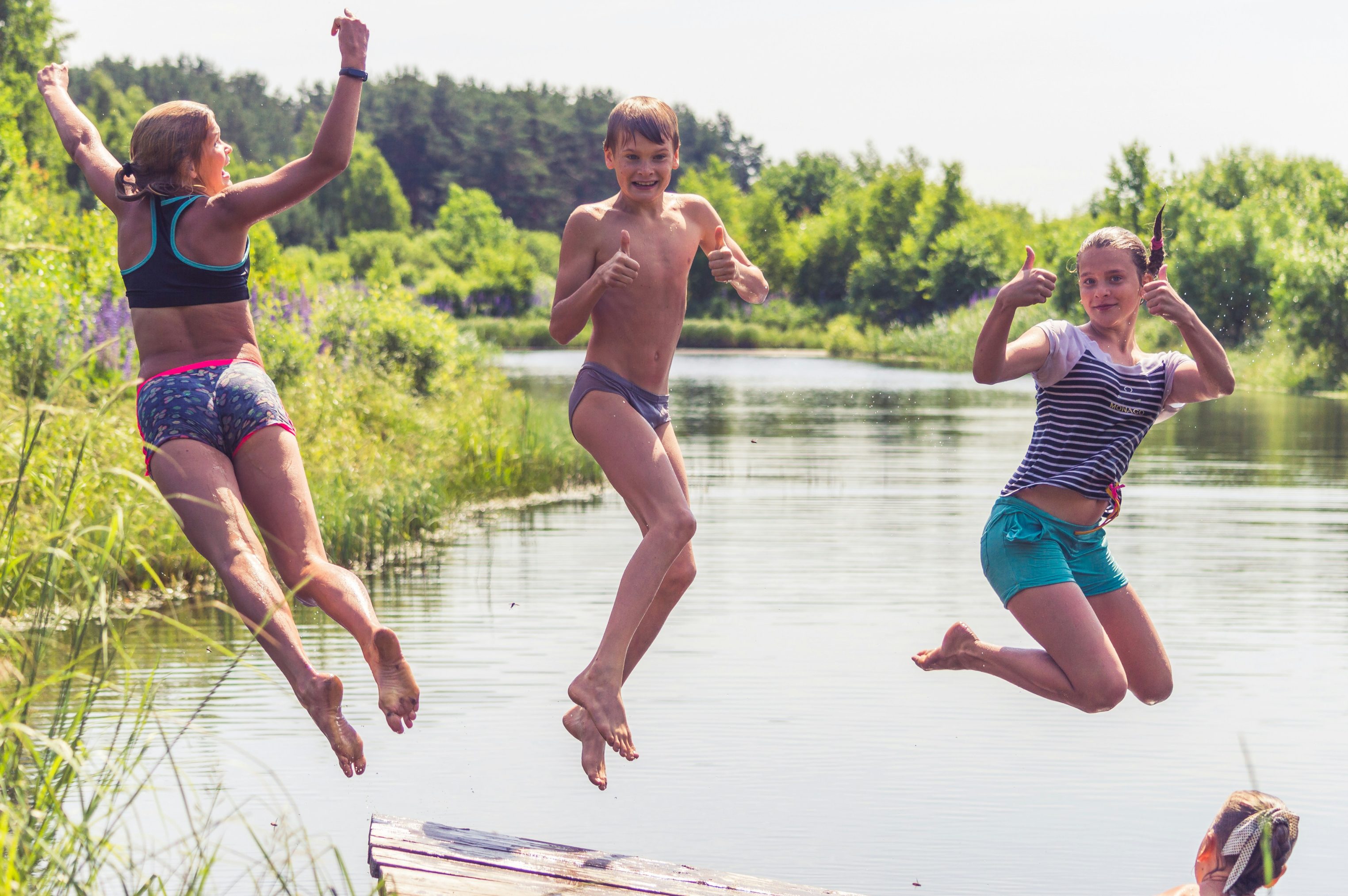
Promoting Personal Growth and Reflection
Camps provide a unique setting for personal growth, allowing students to challenge themselves and build resilience. Activities that encourage stepping outside comfort zones, such as rock climbing, abseiling, or public speaking, can leave a lasting impression on students.
Equally important is creating time for reflection. Evening sessions where students can share their experiences, discuss challenges, and celebrate achievements help solidify the lessons learned during the camp.
Engaging Parents and Guardians
Parental support is essential for the success of any school camp. Keep parents informed throughout the planning process, providing details about the location, activities, and safety measures. Pre-camp information sessions or detailed handouts can address questions and build confidence in the trip’s organisation.
Encouraging parents to prepare their children by packing appropriately and discussing behaviour expectations can also contribute to a smoother camp experience.
Evaluating the Camp’s Success
Post-camp evaluation is crucial for understanding what worked well and identifying areas for improvement. Collect feedback from students, teachers, and, if possible, parents. Reflection activities can also help students articulate what they learned and how the experience benefited them.
Use this feedback to refine future camps, ensuring each trip becomes even more impactful and memorable.

Planning a successful school camp involves balancing educational value, safety, and enjoyment. By setting clear goals, choosing the right location, and designing a thoughtful itinerary, teachers can create unforgettable experiences that leave a lasting impact on students.
For those seeking expert guidance, organisations specialising in secondary school camps can provide tailored solutions, helping to ease the planning process and ensure the camp’s success. With careful preparation and a focus on student wellbeing, school camps can become an integral part of a student’s personal and educational development, creating memories and lessons that last a lifetime.
Come join us on Instagram, for daily wanderlust- @kelanabykayla
[instagram-feed]



